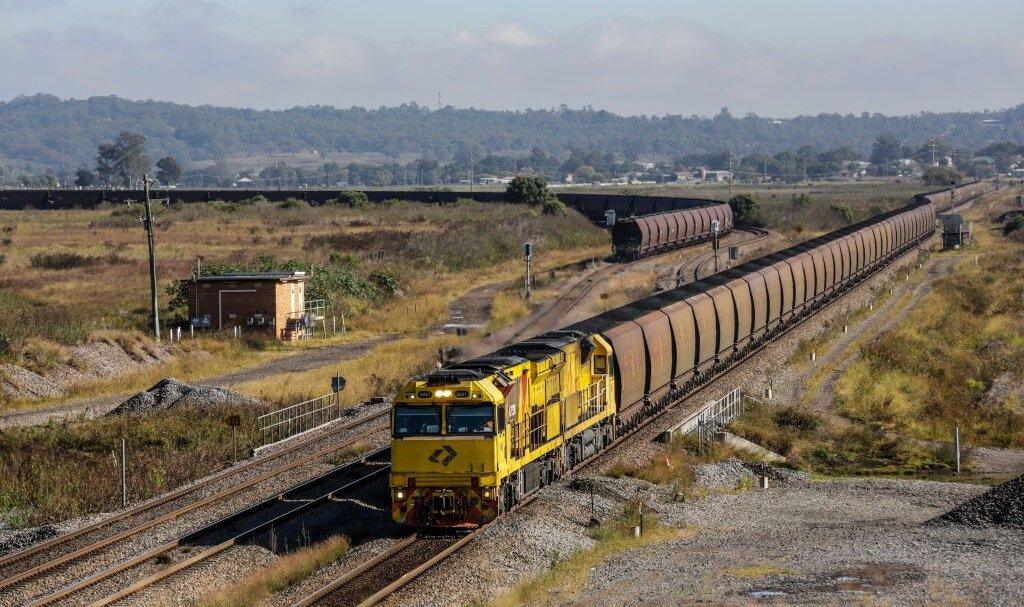Falling coal prices are expected to cost the Australian economy $58 billion by 2025, according to the latest Resources Energy Quarterly on Sept. 3.
A slowing Chinese economy and a decline in coal use in Europe are expected to trigger the fall in exports from $400 billion in 2023–24, down from a record $467 billion in 2022–23.




